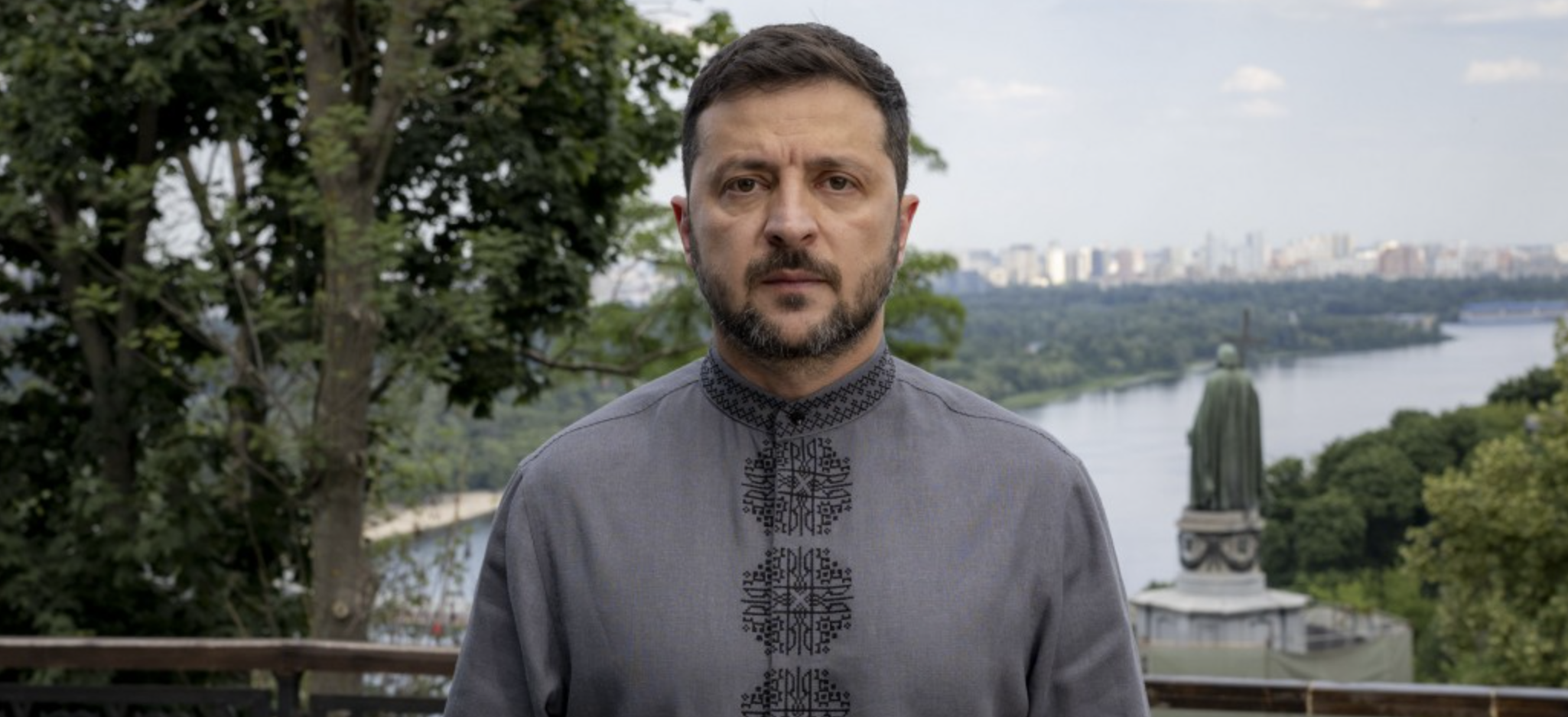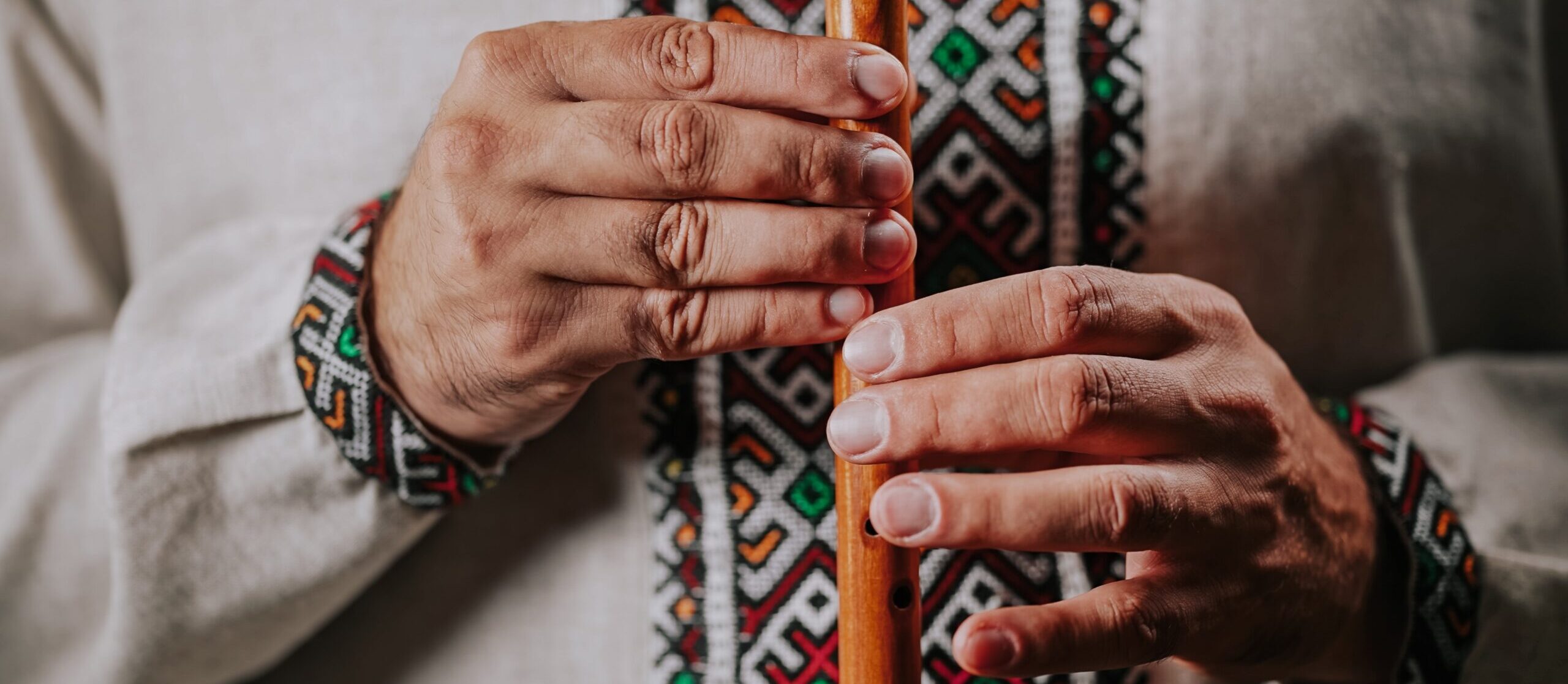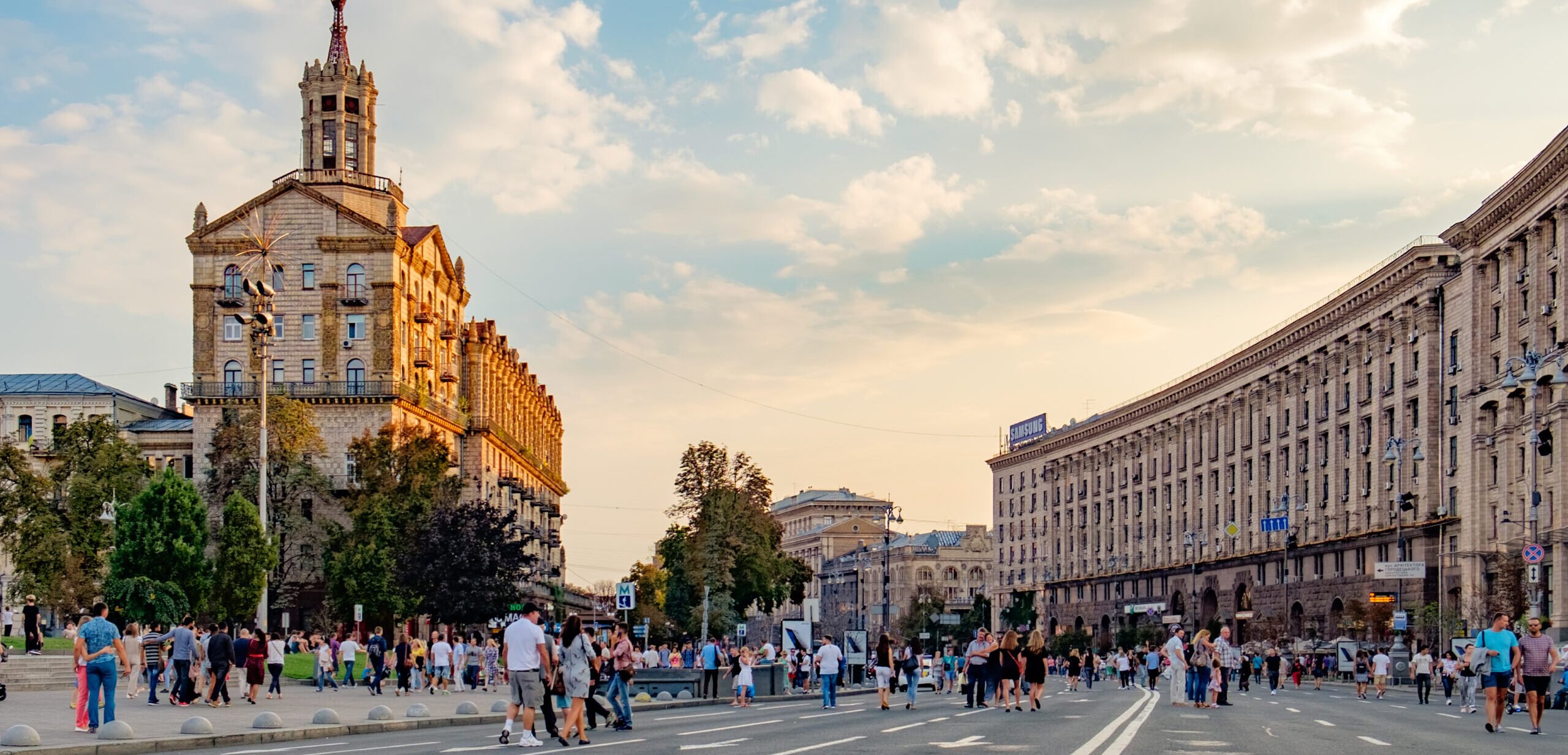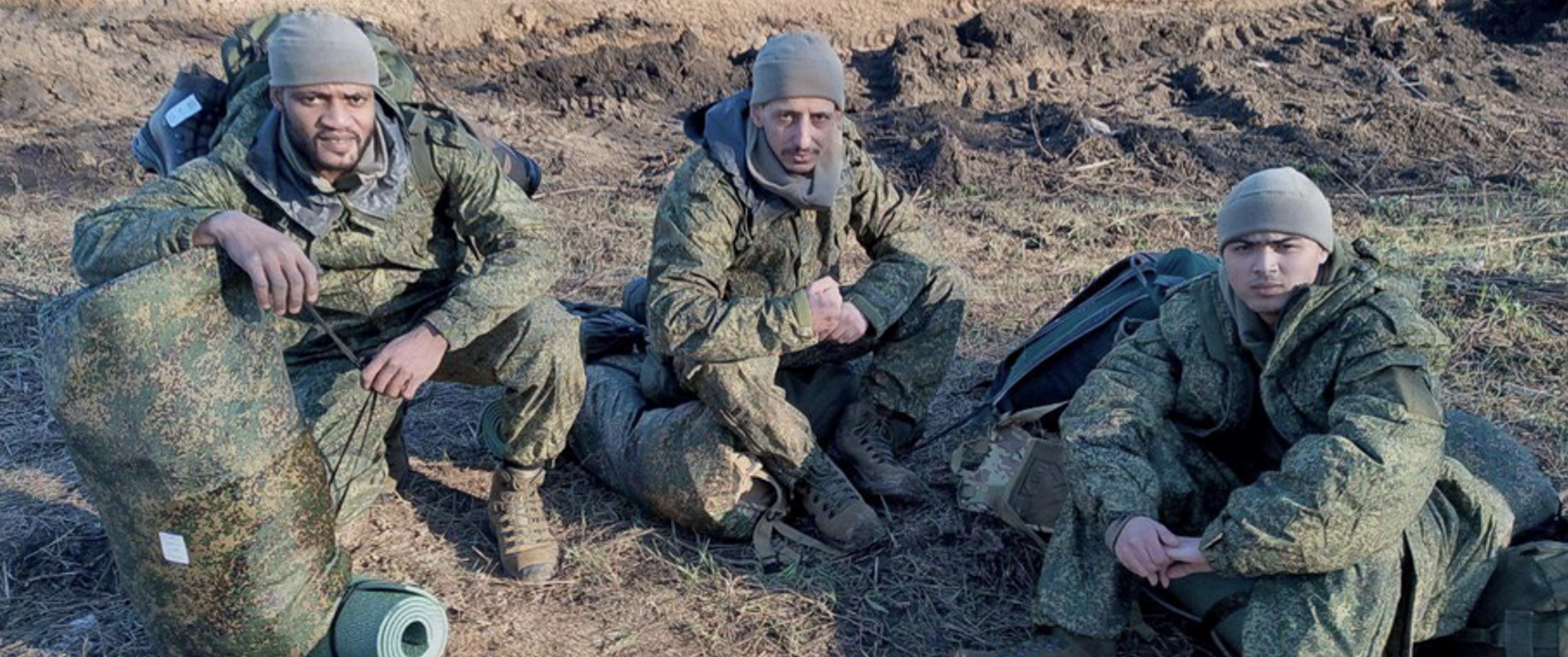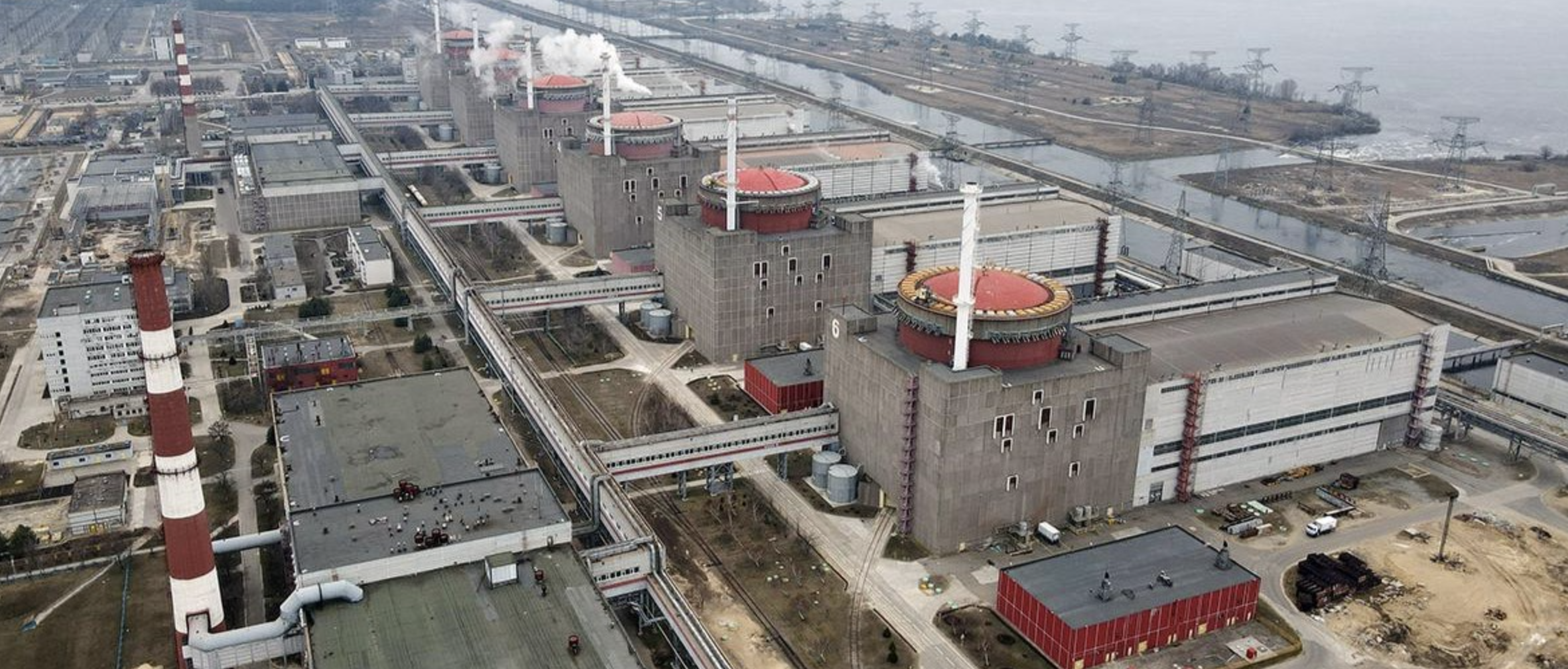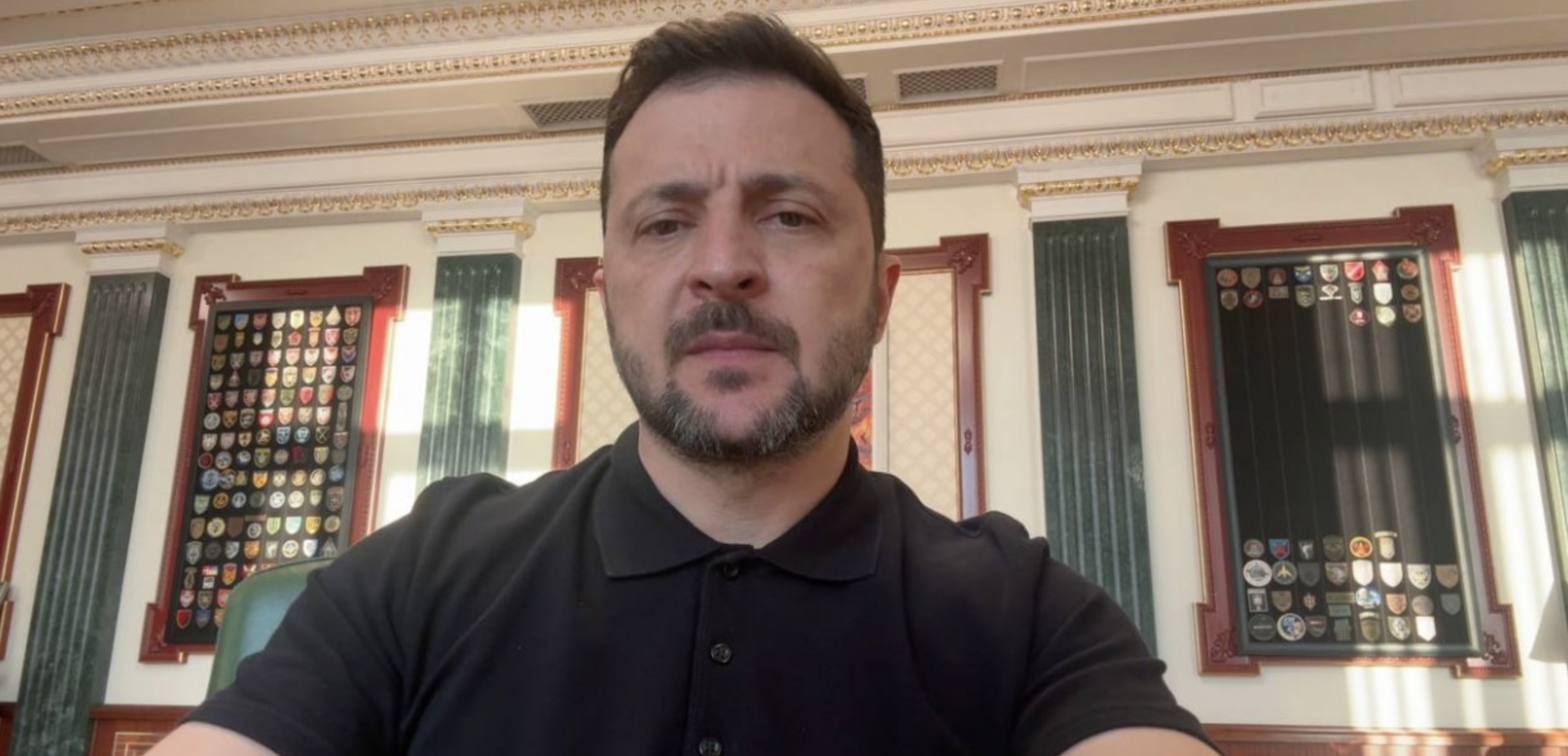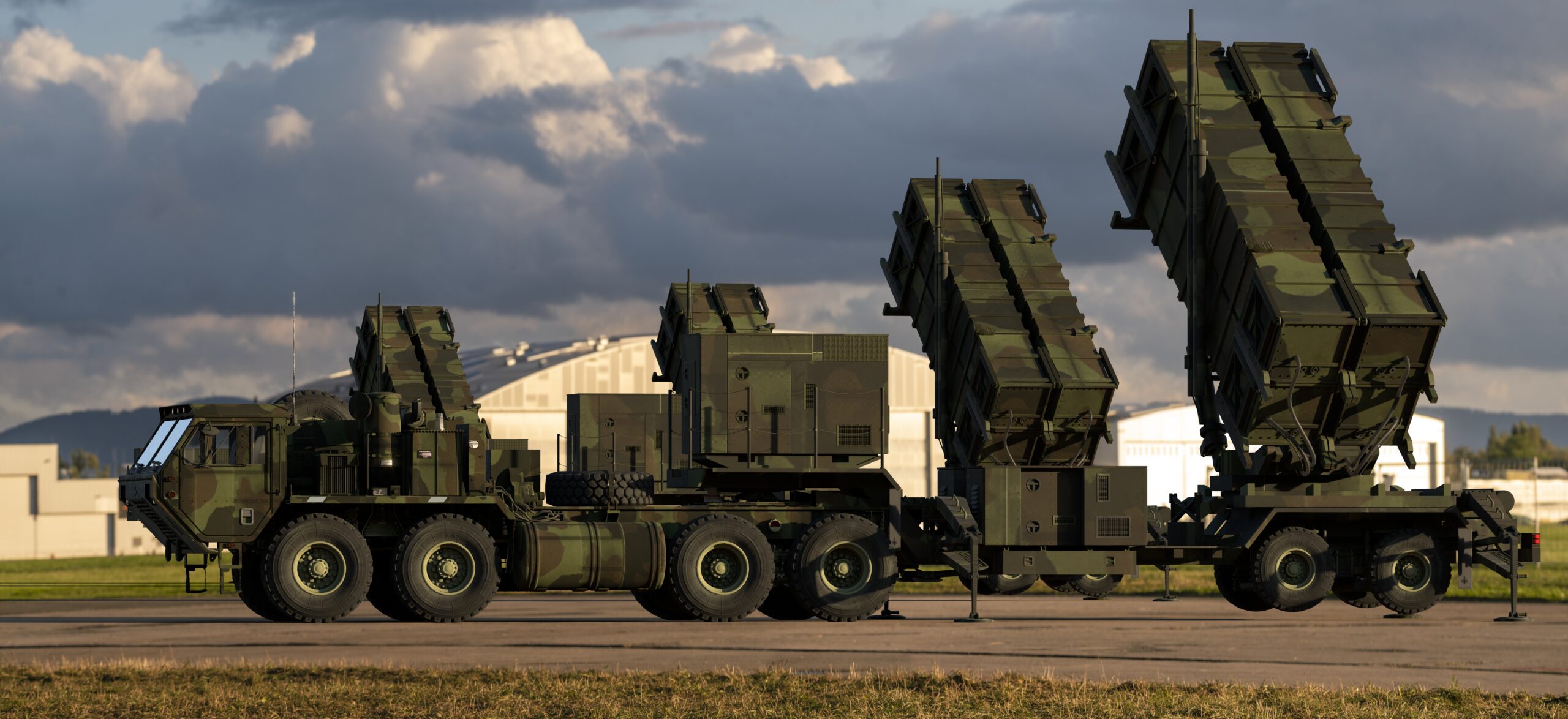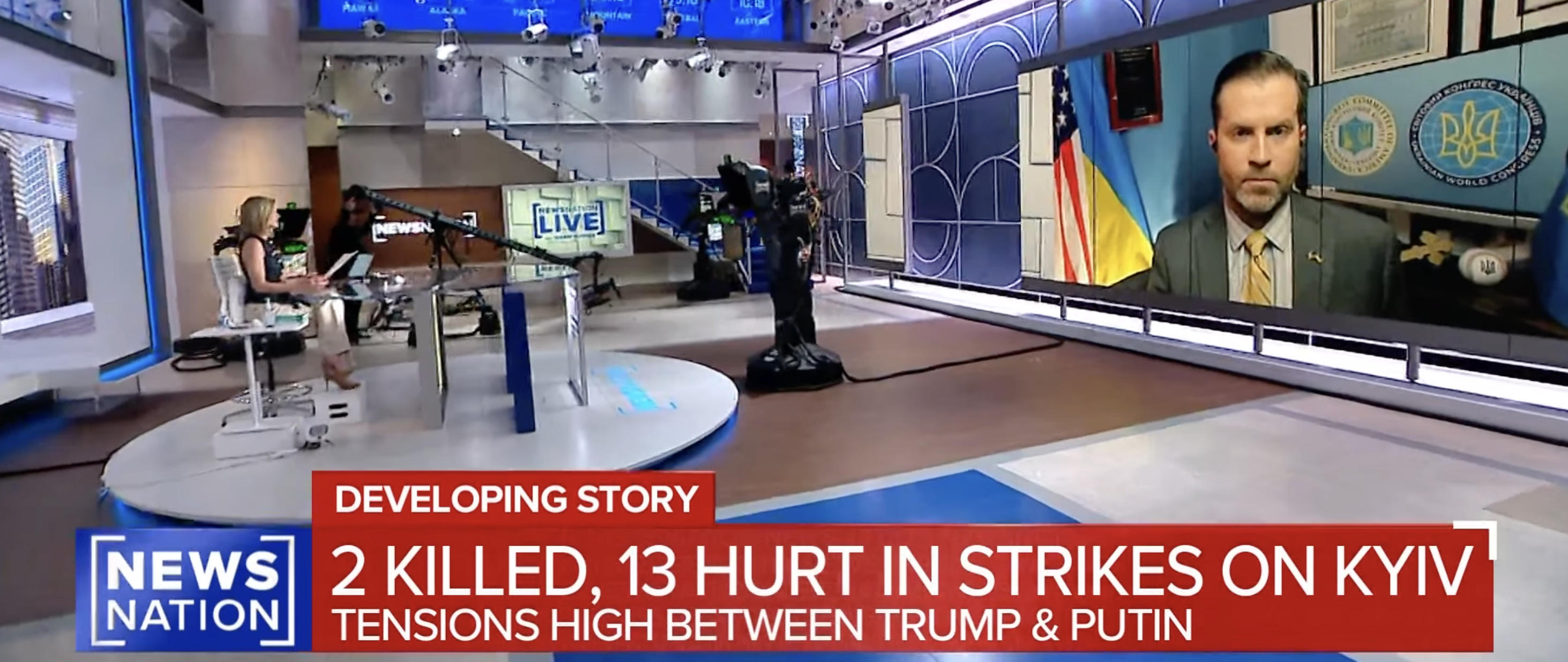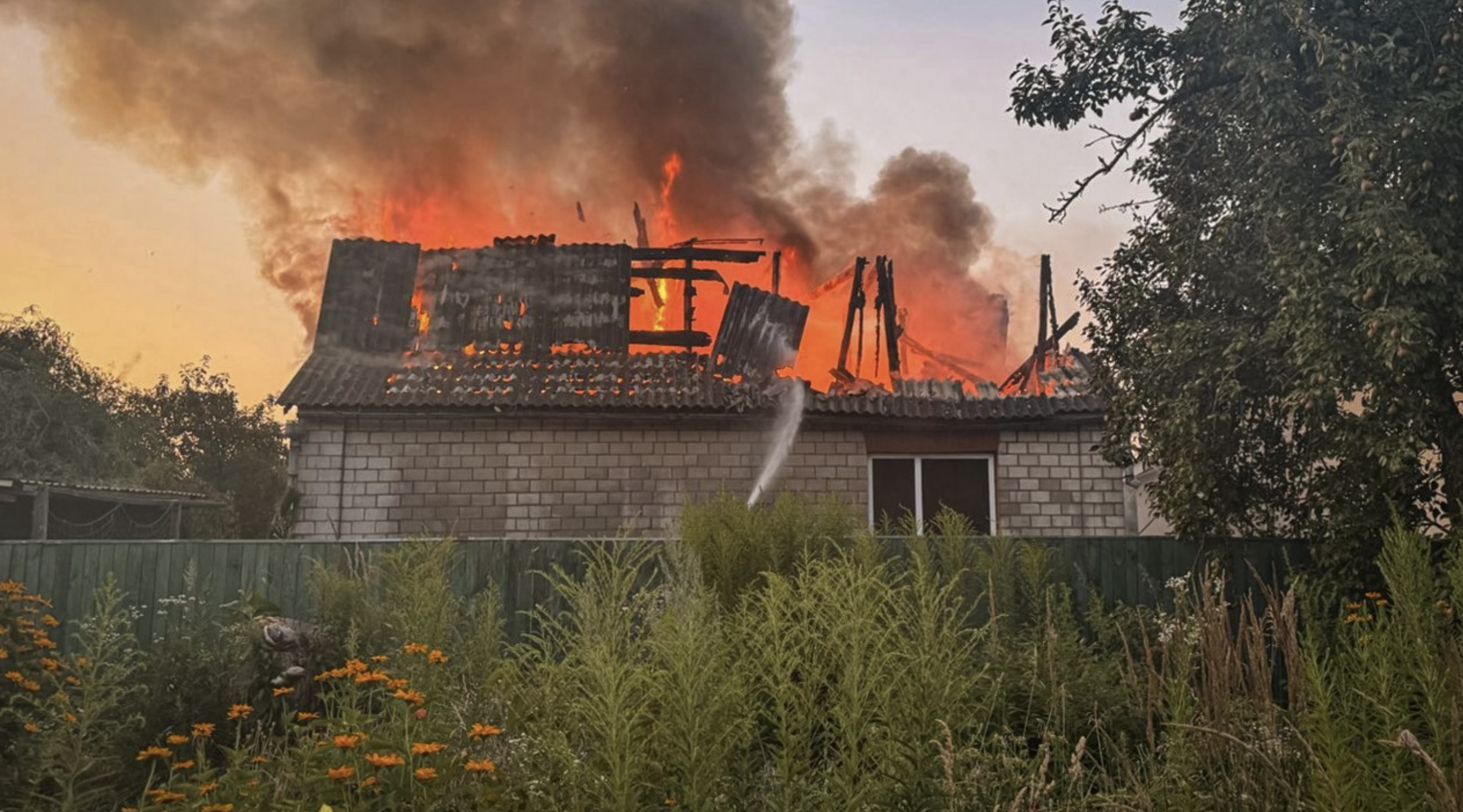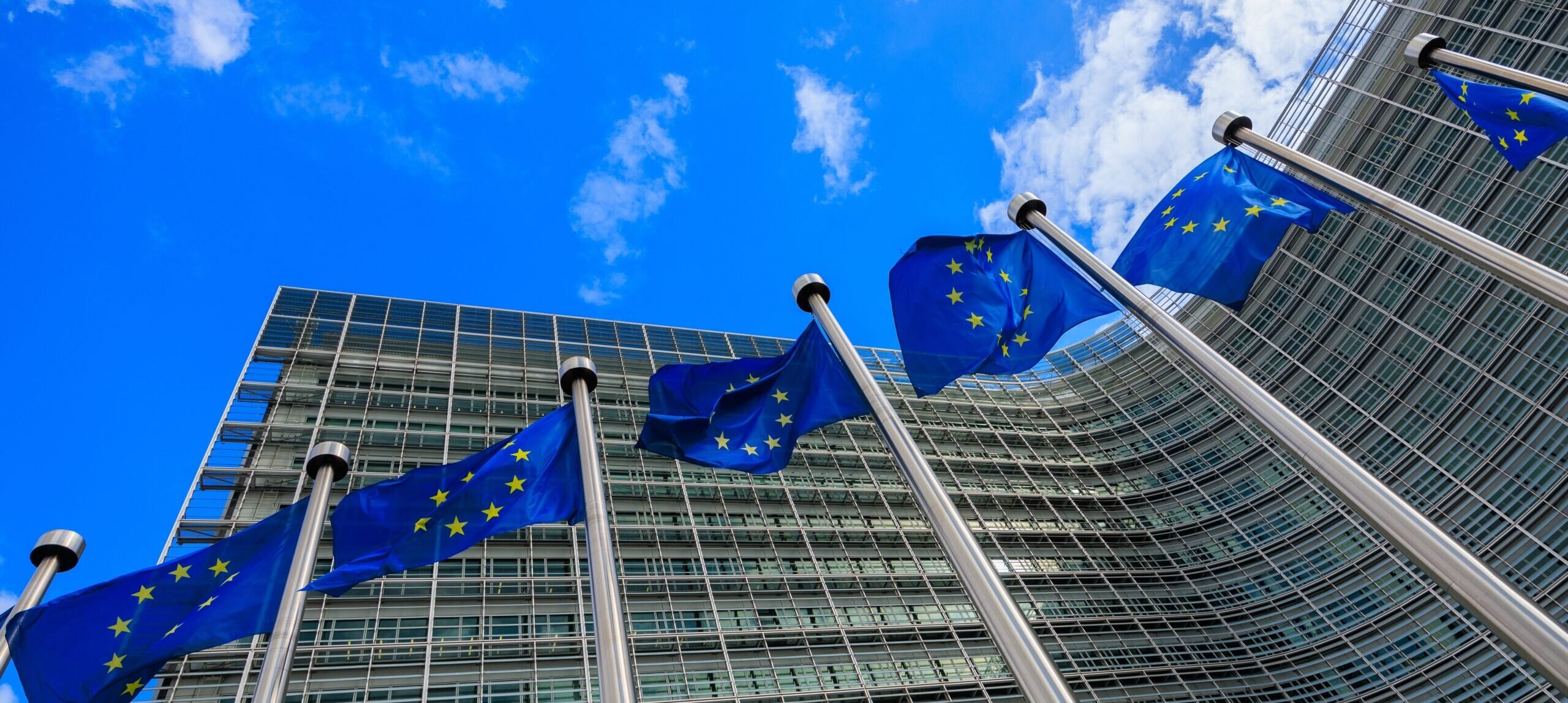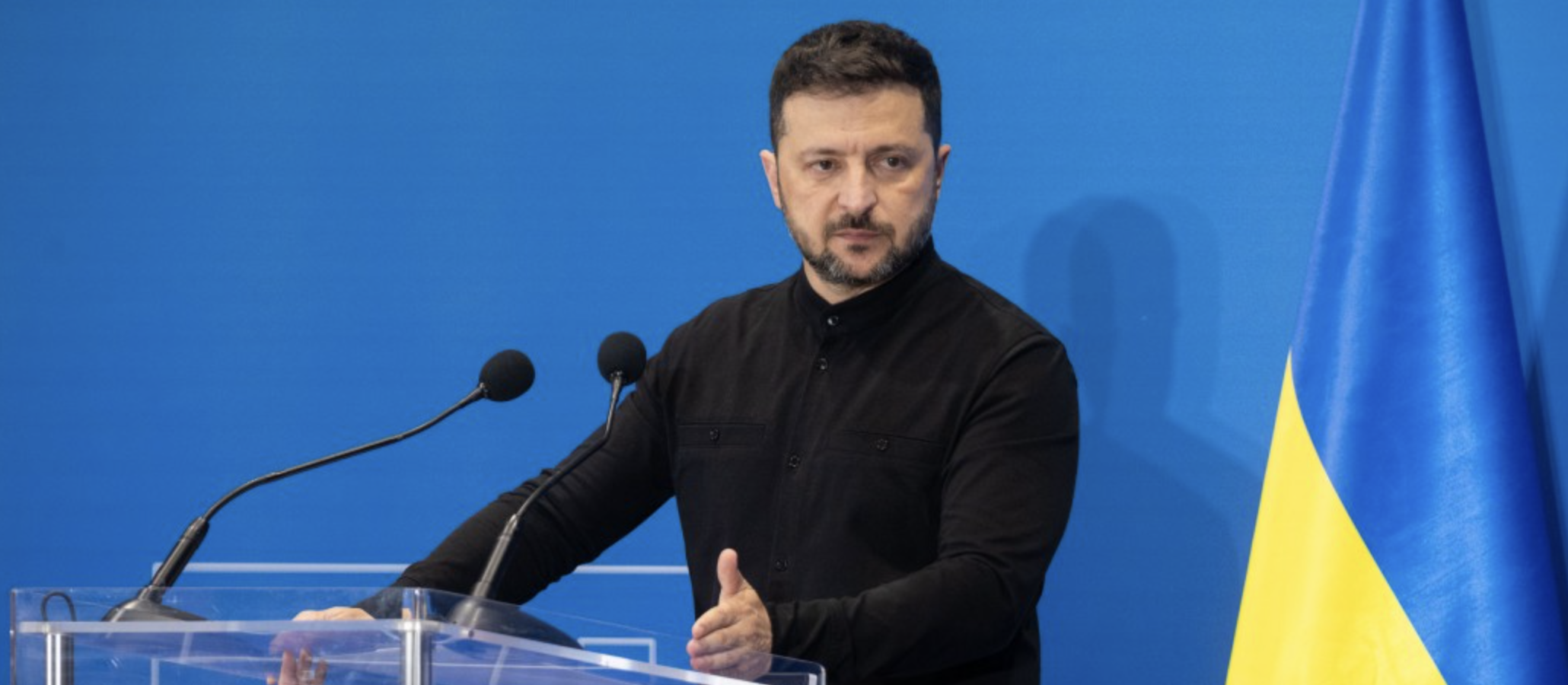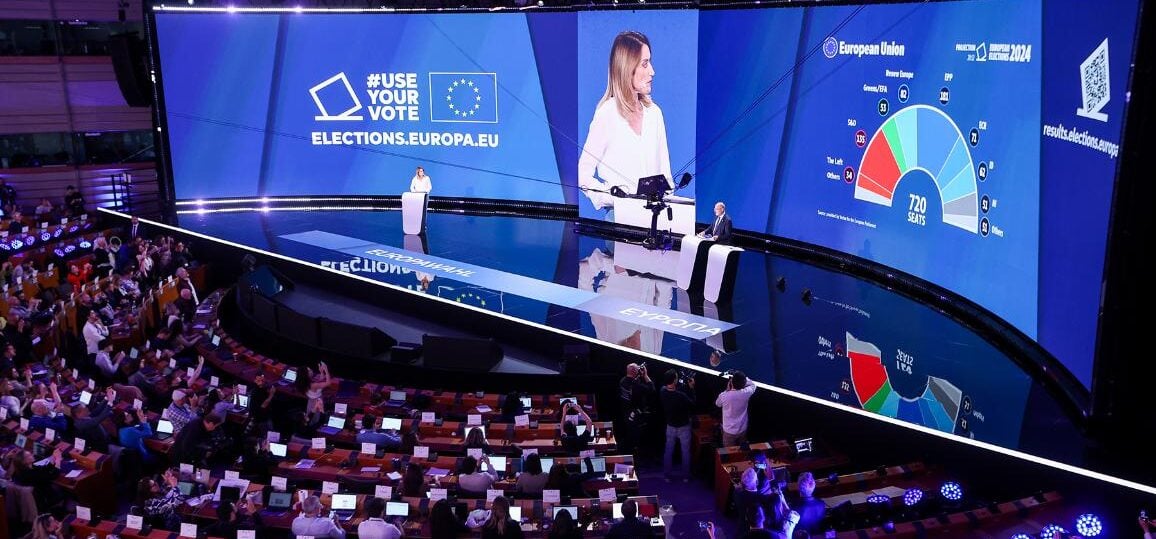
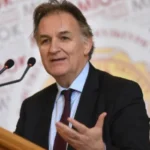 Zenon Kowal, a UWC Executive Committee member, a Political Advisor to the European Congress of Ukrainians and Association of Ukrainians in Belgium, and a Special Advisor to the Embassy of Ukraine in Belgium (1992-1995)
Zenon Kowal, a UWC Executive Committee member, a Political Advisor to the European Congress of Ukrainians and Association of Ukrainians in Belgium, and a Special Advisor to the Embassy of Ukraine in Belgium (1992-1995)
It’s too early to discuss the final results of the European Parliament (EP) elections. More detailed results will become clear after all elected members take the oath on July 16. Additionally, it is worth waiting for the integration of new representatives into the existing political groups of the EP; there are currently eight such factions. There is also a group of independent MPs. This year, about fifty MPs were elected to the parliament for the first time – they will have to choose a faction to join or remain among the independent representatives.
The overall election trends mostly matched the predictions. Meanwhile, radical – right or left – parties were predicted to have a bigger and stronger position in the parliament than what occurred. These groups increased in number, but not as much as expected.
Roberta Metsola will likely remain President of the European Parliament. Additionally, the three main groups that formed the coalition in the EP have again secured leading positions. They have slightly lost votes – in the previous term, they had 417, and in the current one, they have 403 (with a total of 720 members in the EP) – but they still hold a majority in the parliament. If the socialists, liberals, and Christian Democrats decide to continue their cooperation. In that case, they will not have problems, except for minor ones caused by the increase in right-wing radicals.
A notable case in these elections was France, where the main candidate from the party of the incumbent President Emmanuel Macron received about 15%. In contrast, the main opponent, a member of Marine Le Pen’s party “National Rally”, received over 30%. European and national elections are independent of each other, but this signaled to Macron and his government that something in the country is not working right, and there is significant dissatisfaction. Considering the vote for the candidates, the President of France decided to dissolve the government.
Regarding Ukrainians, they must continue to work hard and meet all the requirements of the European Union. Ukraine has already made significant progress, as carrying out reforms during a war is challenging. Despite this, the focus should now be on overcoming corruption, a critical aspect. Success in this direction will be highly valued and may somewhat accelerate the negotiation process, which is forecasted to start in July.
I believe that support for Ukraine will continue. The three main figures representing the EU – President of the European Council Charles Michel, President of the European Commission Ursula von der Leyen, and President of the European Parliament Roberta Metsola – have clearly and consistently stated their support for Ukraine and are also very favorable towards the process of the country’s integration into the EU.
At the same time, who will become the new President of the European Council is important. Among the contenders is former Prime Minister-Socialist of Portugal, António Costa. However, negotiations are ongoing, and the European Parliament must approve the decision so that we will observe this process.
It is essential to understand that the longer the war lasts, the harder it is to mobilize public opinion around the war in Ukraine, and there is fatigue from it. Support needs to be fueled by relevant processes and information. Ukraine’s role here is critical. The right approach to communication with partners and internal Ukrainian policy will demonstrate that the country is on the right path to the EU and will determine future trends.
Cover: European Parliament
